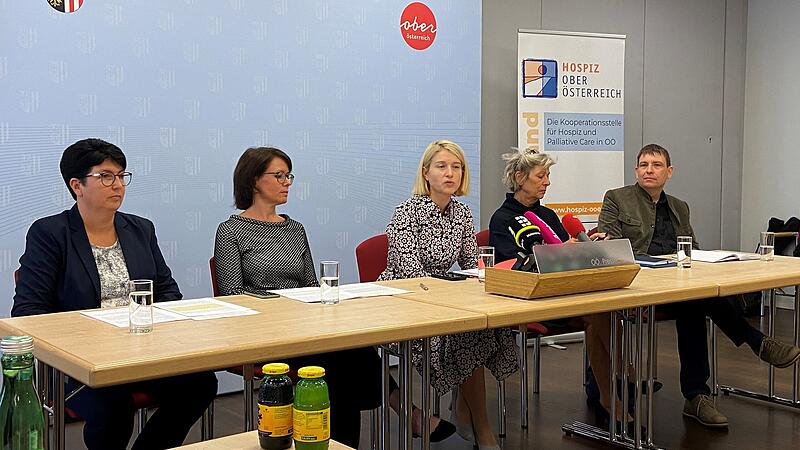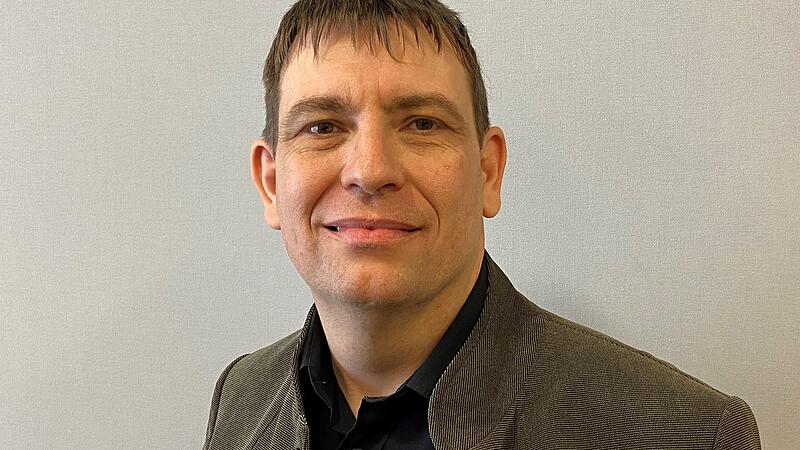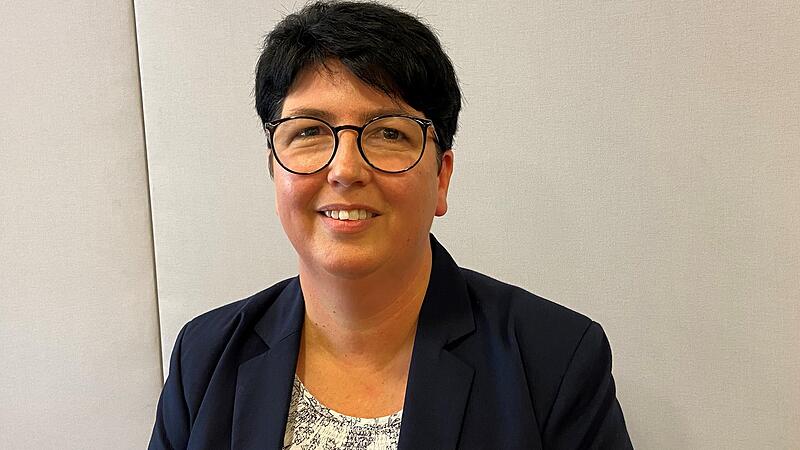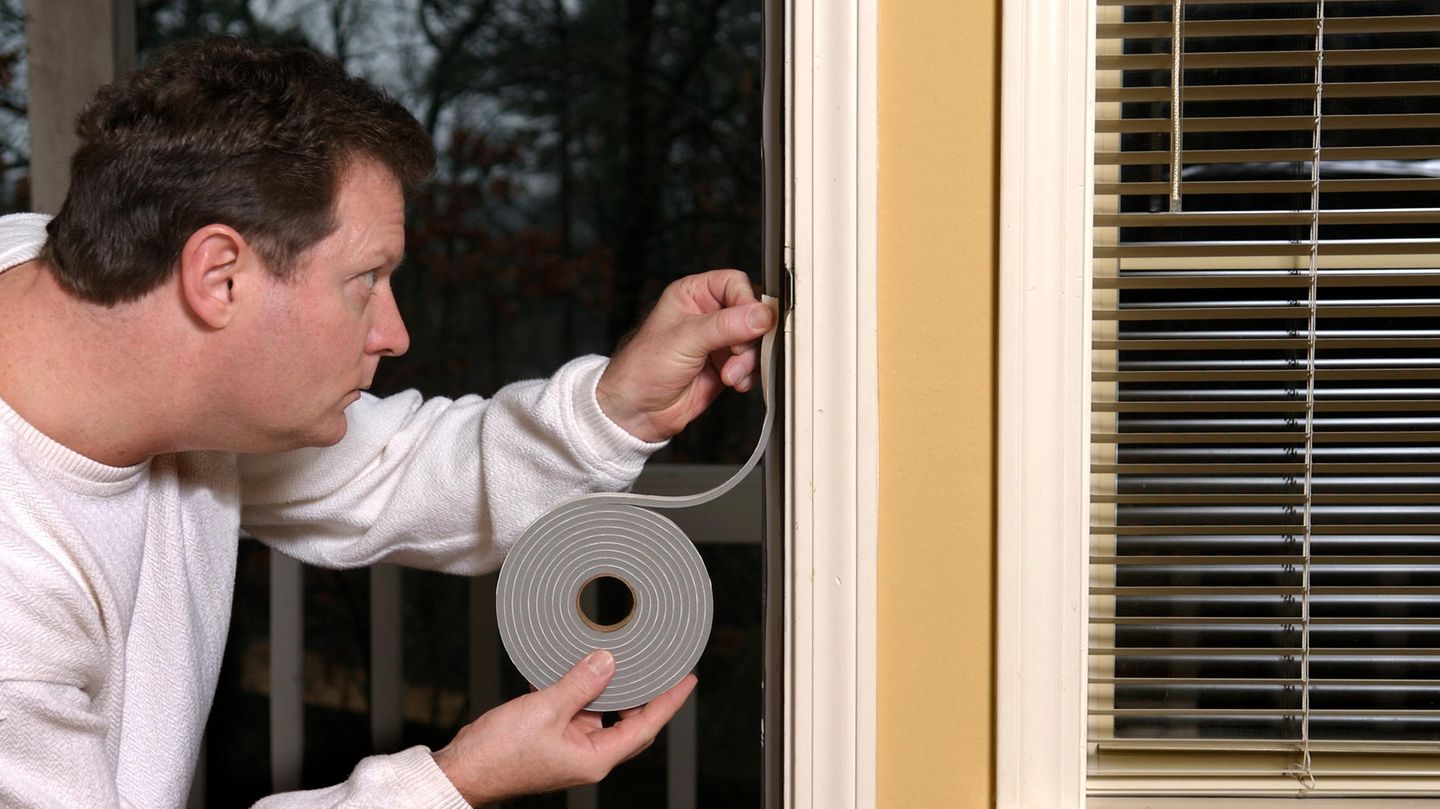Hardly anyone likes to talk about topics such as dying, farewell and grief – especially not with children. But death is part of life and children are confronted with it at the latest when it hits a friend or relative. The “Hospiz macht Schule” project wants to bring the finitude of life into the classroom in order to prepare young people for it. “School should offer space to discuss what the children will experience outside the school walls,” says Deputy Governor. Christine Haberlander (VP).


“We underestimate our children”
Contrary to what many adults assume, young people usually have no problem with it. As a survey among schoolchildren in the run-up to the project revealed, one third thinks that death, dying and grief are not talked about enough in our society. “The first reflex is to want to protect children. But we underestimate them,” says Christina Grebe, chairwoman of the Upper Austrian Hospice Association. On the contrary: You can learn a lot from how children cope with grief. But it is also about conveying to young people how valuable life is.
Flexible concept in the classes
This is how the project works: Teams of two from the regional hospice movement always come to the classes. These are companions for life, grief and death who have completed additional training for the “Hospice teaches” project. The concept is very open and can be adapted to the age and needs of the classes. The methods range from group discussions and films to posters or candle design and personal reports. “There are also very active phases where we also have fun,” says Monika Brettbacher, project manager of “Hospiz macht Schule”. Even on a palliative care ward, people don’t cry all day long.


Robust boys become sensitive
The project was tested in three schools, a 7th grade at BG/BRG Ried, a 3rd grade at BG/BRG Bad Ischl and a 4th grade at HTL Wels/Mechanical Engineering. The youngest children were 13 years old, the parents were informed and the experiences were consistently good. “I was pleasantly surprised that my rugged boys reacted so sensitively to this topic and how that worked on them afterwards in the conversations during the breaks. You can tell something is moving,” says Michael Pötzlberger, teacher at the HTL Wels. Before the project started, the students were rather indifferent to the topic, there was also skepticism, many saw the project day as just a welcome break from everyday school life. After that it was very different.


“Kids feel what’s going on”
“Talking openly about feelings” is not only the credo of the project, but also an important tip for families at home. “Convey that it’s completely normal when parents cry. Explain in simple words how you’re feeling, for example when your grandmother is unwell,” says project manager Brettbacher. One should not try to protect the children by not saying anything, because the children sense what is going on. “So does the fact that everyone will eventually die,” says Brettbacher. But then it depends on the age. “Children in elementary school take a very technical view of things, they want to know exactly what it’s like in the coffin and the like. The older ones develop the understanding that one dies oneself, and there, too, it’s part of the process that one speaks openly with the children about what one has to do wishes for his own life.”
Knowledge about hospice services
The project wants to fulfill another educational mission, namely to bring knowledge about hospice and palliative care to the families. “In an emergency, you often don’t even think about the fact that there is also support,” says Ute Huemer, project coordinator at the Upper Austrian Education Directorate.
School trip to the cemetery
Two variants are available to schools, either three times two teaching units or a whole project day. It is also possible to go to the local cemetery or to a undertaker, for example. Interested schools can contact the local hospice association. The project is offered free of charge. Further information can be found here at the Upper Austrian Hospice Association.
Source: Nachrichten




